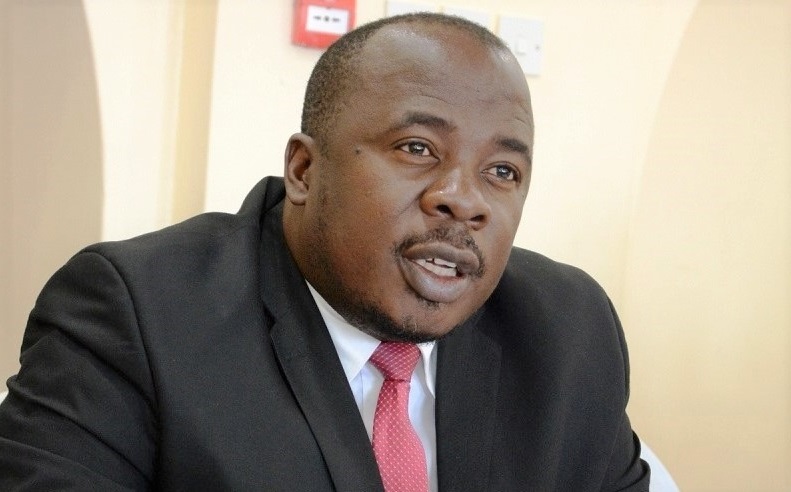The Reserve Bank of Malawi (RBM) has admitted facing struggles to secure foreign exchange to boost its reserves with data indicating that gross official reserves are now equivalent to one month of import cover.
Speaking in an interview in Blantyre on Tuesday, RBM director of economic policy and research Kisu Simwaka said while the outlook is positive following the International Monetary Fund (IMF) four-year Extended Credit Facility (ECF), the central bank is facing challenges due to reduced foreign direct investment inflows and import-bill mismatch.
He said: “This is temporary and we should be looking at where we are going and we believe that the outlook is positive, given the policies we are implementing.
“We are struggling and it is understandable, looking at what we have passed through as an economy, experiencing multiple shocks since 2020.”
Simwaka said the central bank hopes that once the economy stabilises and economic activity starts picking up, foreign exchange reserves will build up, the kwacha will stabilise and the inflation rate, currently at 34.5 percent, will come down.
He said the central bank’s desire is to build reserves at around three months of import cover to support the economy to grow sustainably and ensure uninterrupted importation of critical imports such as fuel.
In a statement approving Malawi’s $175 million (about K295 billion) ECF, the IMF said “rebuilding international reserve buffers and allowing for greater flexibility in the exchange rate” are important to reduce vulnerability to external shocks.
RBM data shows that gross official reserves expanded by $83.6 million to $239.3 million or one month of import cover in November 2023 from $155.7 million or 0.6 months of import cover recorded during the previous month, which was before the ECF programme.
The surge was due to budget support inflows amounting to $81.4 million (about K138 billion).
On the other hand, private sector reserves that include foreign currency denominated accounts and authorised dealer banks’ own position stood at $433 million or 1.73 months of import cover.
However, three months after RBM devalued the kwacha by 44 percent, the kwacha has remained stable at K1 700 against the dollar, but foreign reserves have continued to drop.
Meanwhile, Treasury expects the ECF programme to unlock $240 million (about K408 billion) in donor support.
In an interview on Wednesday, Financial Market Dealers Association of Malawi vice-president Davie Mwenechanya said the IMF ECF could take time to start bearing fruits.
“There has been some impact because RBM has been supporting some strategic imports which was not the case before the devaluation,” he said.
In its 2023 Annual Economic Report, Nico Asset Managers Limited warned that lower forex inflows are likely to maintain pressure on the value of the kwacha.
The post RBM struggles to boost forex buffer first appeared on The Nation Online.
The post RBM struggles to boost forex buffer appeared first on The Nation Online.
 Moni Malawi
Moni Malawi 

